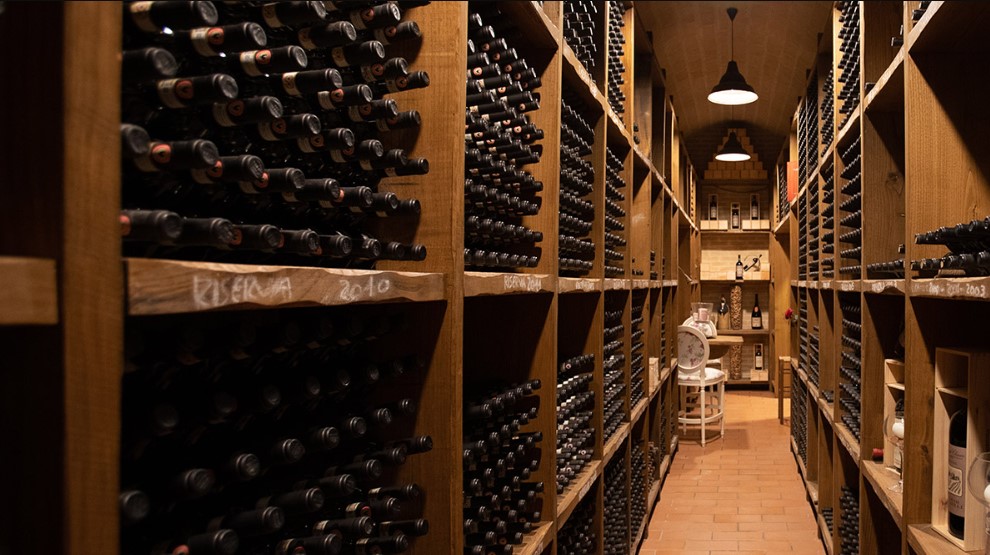
As a wine lover, you are probably familiar with the importance of proper storage and aging conditions for your beloved bottles of wine. While it may be tempting to simply display your collection on a shelf or in a cabinet, investing in a wine cellar can greatly enhance your wine drinking experience.
One of the primary benefits of having a wine cellar is the ability to control the storage conditions. Wine is a delicate beverage that can be easily affected by factors such as temperature, humidity, light, and vibrations.
Additionally, a wine cellar adds elegance and organization to your collection, while also encouraging exploration and expansion.
What not to ignore while storing wine?
A wine cellar provides a controlled environment where you can ensure that these factors are kept at optimal levels. This allows your wines to age gracefully and develop complex flavors and aromas over time.
- Temperature is perhaps the most critical factor when it comes to wine storage. Fluctuations in temperature can cause the wine to expand and contract, which can lead to leakage and spoilage. A wine cellar allows you to maintain a consistent temperature, usually between 50 and 59 degrees Fahrenheit (10 and 15 degrees Celsius), which is ideal for most wines. This stable temperature ensures that your wines age slowly and evenly, preserving their quality and taste.
- Humidity is another important factor to consider. Too much humidity can cause mold and label damage, while too little humidity can cause corks to dry out and allow air to enter the bottle, resulting in oxidation. A wine cellar provides the right level of humidity, usually between 50 and 70 percent, which keeps the corks moist and prevents any unwanted spoilage.
- Light can also be detrimental to wine. UV rays can cause chemical reactions in the wine, leading
